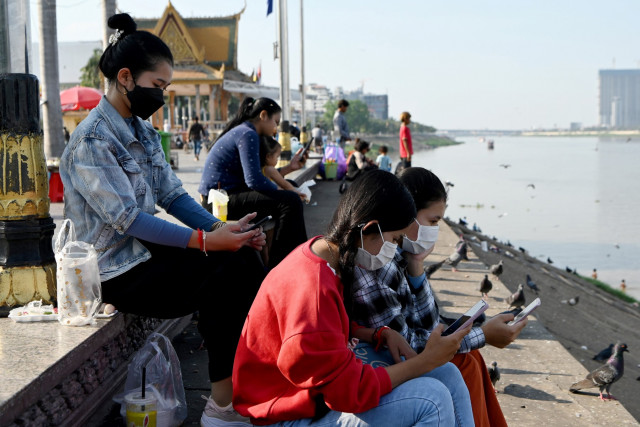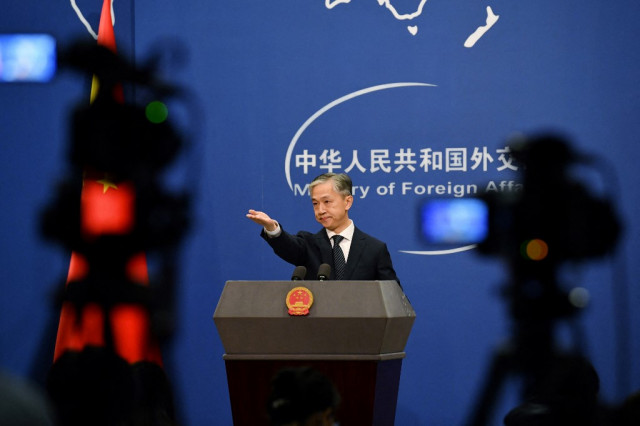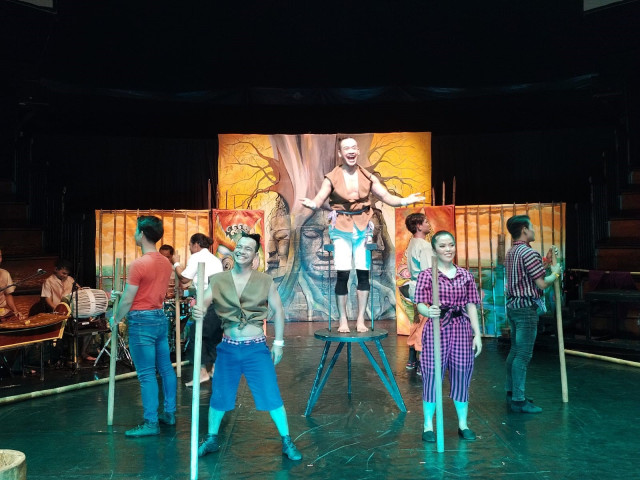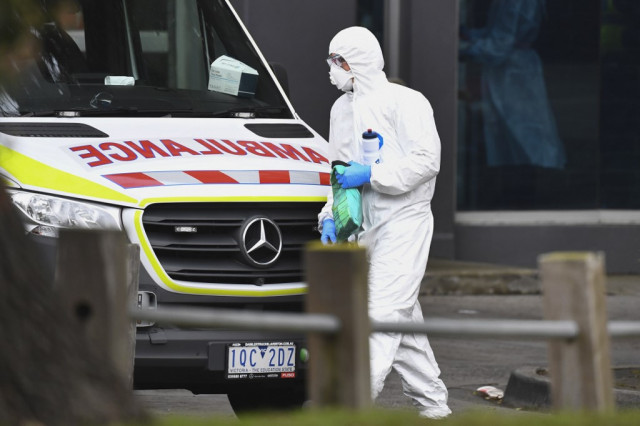Will Young People Make an Election Impact?

- By Kheav Moro Kort
- June 2, 2022 7:32 PM
Many stayed away from polls in 2018
PHNOM PENH–Young people are the key to the future of Cambodia but as commune elections approach there are questions about their involvement in the vote.
Almost two-thirds of Cambodia’s population of more than 17 million people are under 30.
Cambodia’s National Election Committee says more than 3,886,000 voters are aged between 18 and 35, which is more than 46 percent of registered voters.
However, only one in two people aged 20-24 voted in the 2018 national elections.
Of these, 30 per were not registered to vote and the same percentage had no ID card, the UN Development Programme reported.
Rofek Rada, a political science and international relations undergraduate, says, “The first thing that comes to mind when I hear the word election is being a good citizen.
“A good citizen is one who participates in the election process to elect his or her representatives no matter if it is at the sub-national or national level.”
He is uncertain about the level of youth participation in elections but has noticed a strong momentum of engagement in politics.
Vong Rathana, another undergraduate student at PIU, says elections are a part of the democratic process and are important for young and old.
People's participation in the election campaign seems to have surged this year, Rathana said. “No matter which party they campaign for, this is a picture of democratic practices,” Rathana said.
Rathana is one of the young people who have not registered to vote and will not be able to take part in the commune/sangkat election. Nonetheless, he expects to vote in next year’s national election.
He thinks a voter has the right to decide whether to vote or not.
“Those who have voted means that they have fulfilled their obligations as a citizen. Not voting is an indirect or implicit signal that they have not yet found the political party they like.”
Young people’s active participation in politics will help to effectively implement rights and democracy, Rathana says.
“The lack of concern about politics and people voting without fully understanding the party they voted for can make democracy ineffective.
“To make participation more worthwhile, young people should engage in politics and make their voice and vote heard correctly.”
Participation that is driven by honesty or money?
The level of youth participation in elections is limited, social observer Meas Ny says.
“I found it difficult to measure whether the level of youth participation was honest or for their respective own benefits as I saw some people were offered an incentive [money] for their participation in campaigns,” he said.
Non-participation of young people as a reason for not finding the right party to vote for can also be a sign to the ruling party that they are dissatisfied with the current party or parties listed for the election, he explained.
“Citizens have the right to vote and not to vote and there is no provision in the law that if a person does not go to vote, he will be punished. But it is illegal if one incites others not to vote.”
To attract young people to vote and be responsible citizens, governments and NEC need to guarantee a highly competitive environment, freedom, fairness and equality without oppression for everyone, he said.
Regardless of age, young people should be more active and concerned about domestic politics because they bear the responsibility to bring meaningful prosperity and positive change for the country.















